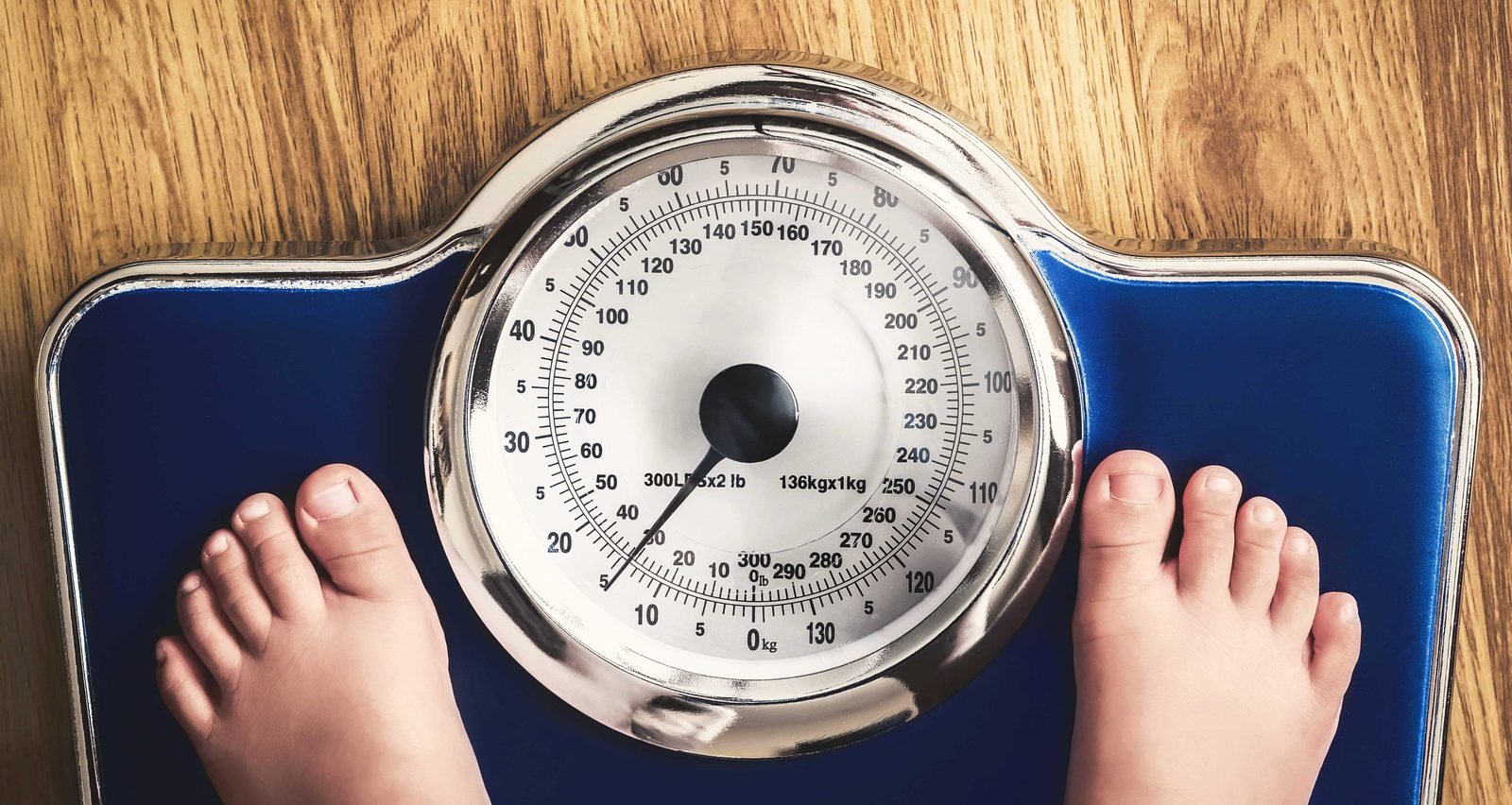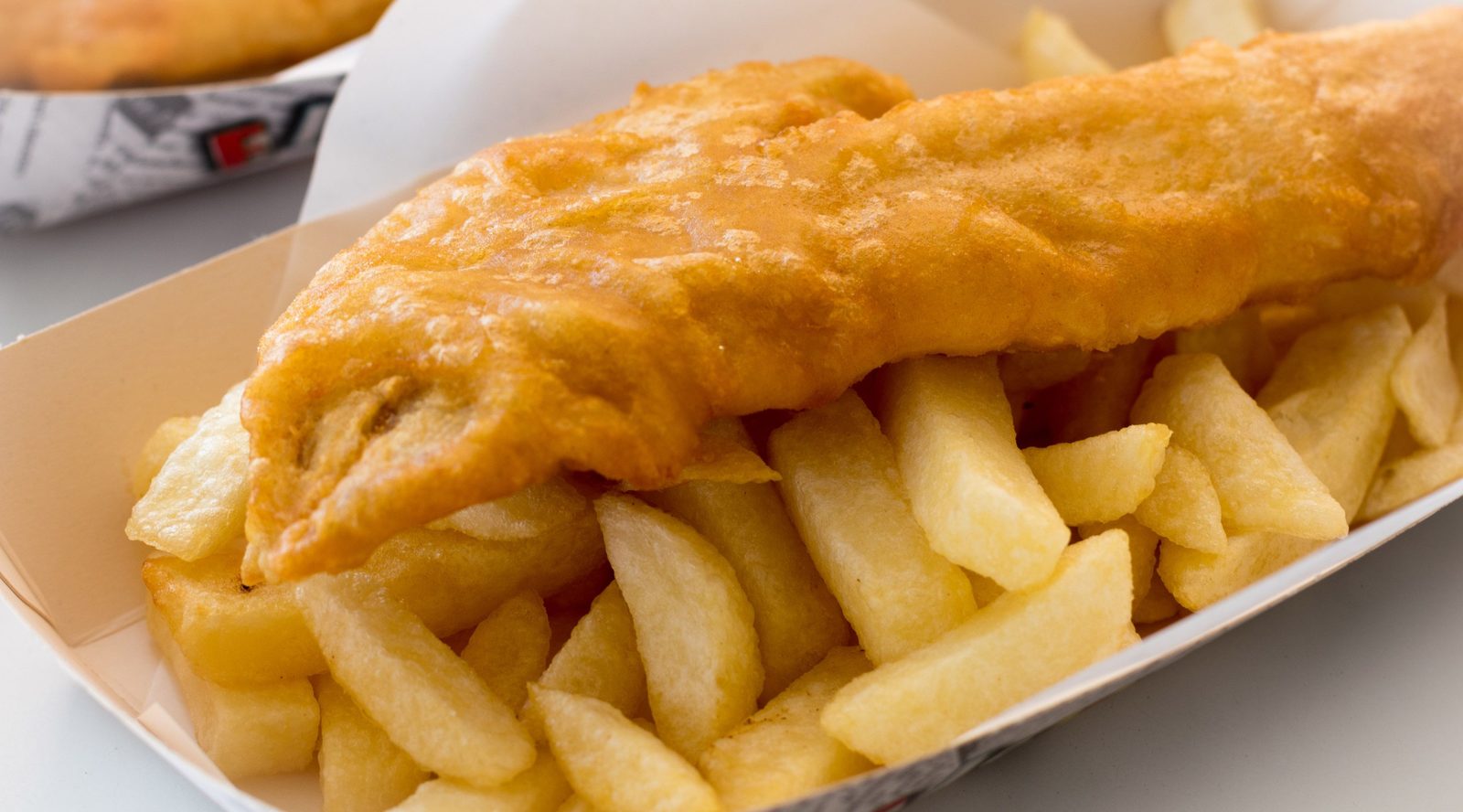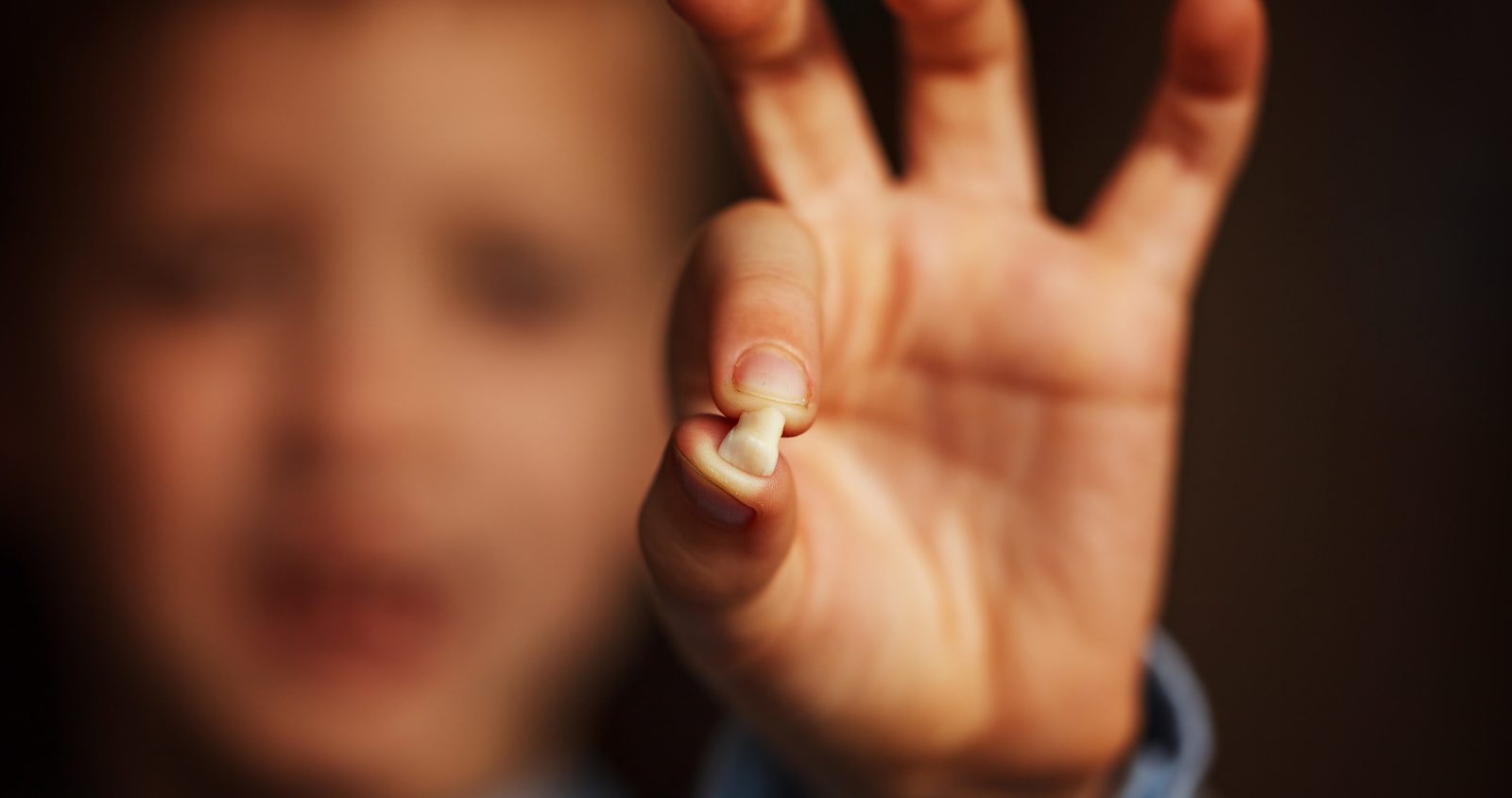Missed out on this week’s dental news? No problem, here’s what happened over the past seven days…
Government announces new plans to halve childhood obesity by 2030

New measures announced by Health and Social Care Secretary, Jeremy Hunt, are aimed at halving the number of obese children in the UK by 2030.
Other measures include banning the sale of sugar and caffeine-filled energy drinks to children.
Building upon its Childhood Obesity Plan, the Government also plans to consult on introducing new TV and online advertising restrictions to prevent children being targeted with unhealthy product advertisements.
NHS England admits Capita failings are ‘unacceptable’

Mismanagement by Capita over the National Performers List for dentists left more than 500 dental practitioners unable to treat patients, according to the British Dental Association (BDA).
Despite saving the NHS £30 million a year, Emily Lawson, NHS England’s national director for transformation and corporate operations, conceded that having to wait months for a dental performer number was unacceptable and should not have happened.
She also acknowledged that there are still dental professionals waiting months for NHS performer numbers.
Private healthcare data to be captured by NHS systems

Private healthcare data will soon be recorded in the same way as NHS data in England.
The Government is launching the Acute Data Alignment Programme (ADAPt), which aims to integrate privately funded healthcare data into NHS systems.
It is hoped this will address concerns over the lack of visibility of quality in private care.
A public consultation on the scope and objectives of the programme will be launched later this year.
Fresh calls for water fluoridation in the UK

Following years of research from the National Toxicology Program, it found there is ‘no link between elevated levels of fluoride and cognitive learning deficits’.
This has led to the Oral Health Foundation renewing calls for water fluoridation to help improve the nation’s oral health.
Recent schemes for water fluoridation have been scrapped due to strong opposition from local councils.
Despite this, the Centers for Disease Control and Prevention (CDC), the World Health Organization (WHO) and the British Dental Association (BDA), amongst many other groups, have long celebrated the benefits of adding fluoride to drinking water.
Fast food outlets targeting the poorest areas in England

The research shows that there are up to five times more fast food outlets in poorer communities compared with more affluent areas.
PHE has accused these outlets of exposing children to fast food with little or no nutritional information, making it more difficult to choose healthier options.
Many local authorities are now deciding to take action by restricting growth of new takeaways and fast food outlets and PHE is encouraging authorities to learn from each other.
FGDP(UK) appoints new dean and vice deans

‘It is a great responsibility to lead the UK’s only professional body dedicated to general dental practice, and a huge privilege to be able to draw upon the immense talents, knowledge and expertise of our members as we move forward together to establish a new College of General Dentistry as the academic home of GDPs,’ Ian said.
Generous tooth fairy leaving £23.7m under children’s pillows

The tooth fairy gives British children almost £24 million every year, a new survey has found.
On average, children in the UK receive £1.58 per tooth, according to a survey by the Oral Health Foundation, which is an increase of 43.6% from £16.5m since 2011.
Roughly 15 million deciduous teeth fall out every year.



